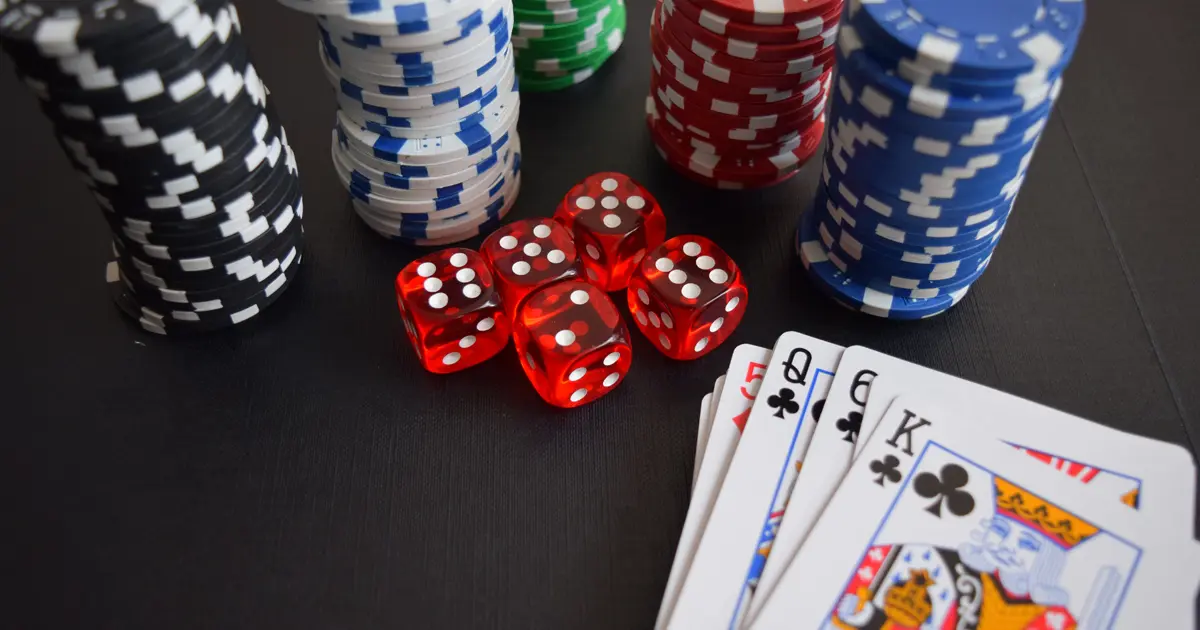The gambler’s fallacy explained simply
In casino rooms, an insidious psychological mechanism operates silently: the gambler’s fallacy.
Understanding a mental trap as old as gambling itself
This cognitive bias, well documented by psychologists and economists, is based on a mistaken belief: thinking that past events influence future events in a series of independent draws.
A classic example illustrates this point. Imagine a roulette wheel. The ball lands on red ten times in a row. Many players are convinced that black must come up on the eleventh spin, as if probability were seeking to restore balance. However, mathematically, each spin is independent: the probability remains unchanged, regardless of the previous sequence.
The gambler’s fallacy feeds on a deep human tendency: to see patterns in chaos.
Monte Carlo, 1913
The most famous story of this fallacy took place in Monte Carlo on 18 August 1913. That evening, the roulette ball landed on black 26 times in a row. The incredulous spectators bet fortunes on red, convinced that the streak would reverse.
The losses were colossal. This episode remains engraved in memory as a spectacular demonstration of the power of the gambler’s fallacy.
The brain and probability
Researchers at The Decision Lab point out that this bias stems from what they call a misrepresentation of randomness. Our brains expect results to alternate regularly, whereas chance often produces irregular and confusing sequences.
One study even found that the most experienced gamblers are sometimes the most vulnerable, as their confidence in their expertise leads them to believe that they can “sense” the probabilities.
The psychology behind the persistence of the myth
Why do we continue to fall into this trap despite the evidence? Psychologists offer several explanations.
First, the illusion of control: individuals like to believe that they influence their destiny, even in the face of chance. Second, loss aversion: after a losing streak, betting more seems like a way to catch up with fate.
These biases add up and reinforce the gambler’s fallacy. In addition, selective memory plays a role: we remember more the rare moments when red finally came up after a long wait than the countless times when the logic of chance prevailed.
Casinos and strategies: fertile ground for fallacy
Casinos thrive in part because of these beliefs. Progressive betting, such as the famous Martingale strategy (doubling your bet after each loss until you win), is based directly on the gambler’s fallacy.
In the short term, this may seem like a foolproof system. But in the long run, mathematical reality prevails: the house always has the advantage.
The gambler’s fallacy is not just a cognitive curiosity. It reveals our complex relationship with chance, fate and control. In casinos, as in life, it reminds us of a difficult truth: sometimes events are simply independent, with no hidden logic.


